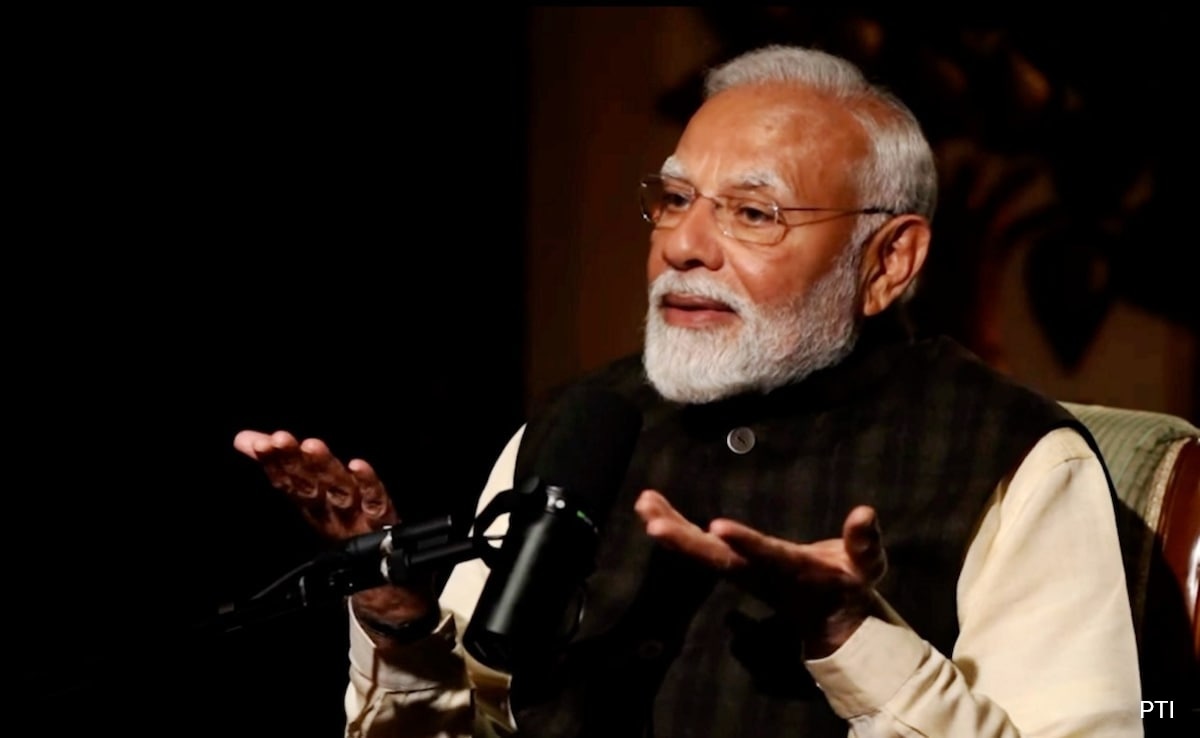During a podcast with Lex Fridman, Prime Minister Narendra Modi criticized the United Nations and other international organizations as “almost irrelevant” due to a lack of reform amid escalating global conflicts, such as the Middle East wars and US-China tensions. He emphasized how the COVID-19 pandemic revealed vulnerabilities, advocating for unity and a shift from conflict to cooperation. Modi called for development-driven approaches, arguing that nations must support one another in an interconnected world. Additionally, he reiterated India’s long-standing claim for a permanent seat on the UN Security Council, asserting its need for reform to reflect modern geopolitical realities.
New Delhi:
On Sunday, Prime Minister Narendra Modi criticized the United Nations and other international organizations as becoming irrelevant during his appearance on American scientist Lex Fridman’s podcast. He pointed to the escalating conflicts around the globe, including the ongoing wars in the Middle East and the tensions between China and the US. PM Modi stated that these organizations have become “almost irrelevant” due to the lack of reforms.
“The international organizations that were established have lost their significance; no reforms have been made. Bodies like the UN are unable to fulfill their responsibilities. Those who disregard laws and rules are acting freely, and no one can intervene,” the Prime Minister remarked.
Reflecting on the lessons from the Covid-19 pandemic, he emphasized the vulnerabilities revealed in every nation and highlighted the necessity for unity as global tensions escalate.
Also Read | ‘AI Is Powerful But Can’t Replace Depth Of Human Imagination’: PM Modi
“The Covid-19 pandemic has drawn attention to our limitations. Regardless of how advanced we think of ourselves as a nation—whether in terms of progress or scientific achievement—we all faced reality during the pandemic. It seemed as if the world would learn from this experience and progress towards a new global order. Unfortunately, rather than fostering peace, the situation led to fragmentation, increased uncertainty, and further conflict,” PM Modi conveyed to Mr. Fridman.
The Prime Minister advocated for transforming conflict into cooperation, emphasizing a development-oriented strategy as the future path. He asserted that expansionism would be ineffective in a world characterized by interdependence and interconnectedness, underlining the need for nations to collaborate.
“As I mentioned earlier, the world is interdependent and interconnected… Everyone relies on each other; no one can act in isolation. Through my participation in various forums, it is evident that everyone is concerned about conflict. We hope for a resolution very soon,” the PM remarked.
In his address to the UN’s ‘Summit of the Future’ last year, PM Modi made a passionate appeal for reform from the United Nations General Assembly (UNGA) podium, asserting that reform is essential for relevance. He further stated that global actions must align with global ambitions.
Also Read | Watch: PM Modi’s “You Did Great” Praise After Lex Fridman Chants ‘Gayatri Mantra’ On Podcast
India’s bid for permanent seat at UNSC
For many years, India has been advocating for its rightful place in the United Nations Security Council (UNSC). New Delhi argues that the 15-member council, established in 1945, no longer serves its purpose in the 21st century and fails to represent current geopolitical realities. India last held a non-permanent member position on the UN high table in 2021-22.
The UNSC currently consists of five permanent members and ten non-permanent members, elected by the United Nations General Assembly for two-year terms. The five permanent members—Russia, the UK, China, France, and the United States—possess veto power over any substantive resolution. The UK, France, and the US have expressed support for India’s inclusion in the UNSC.
